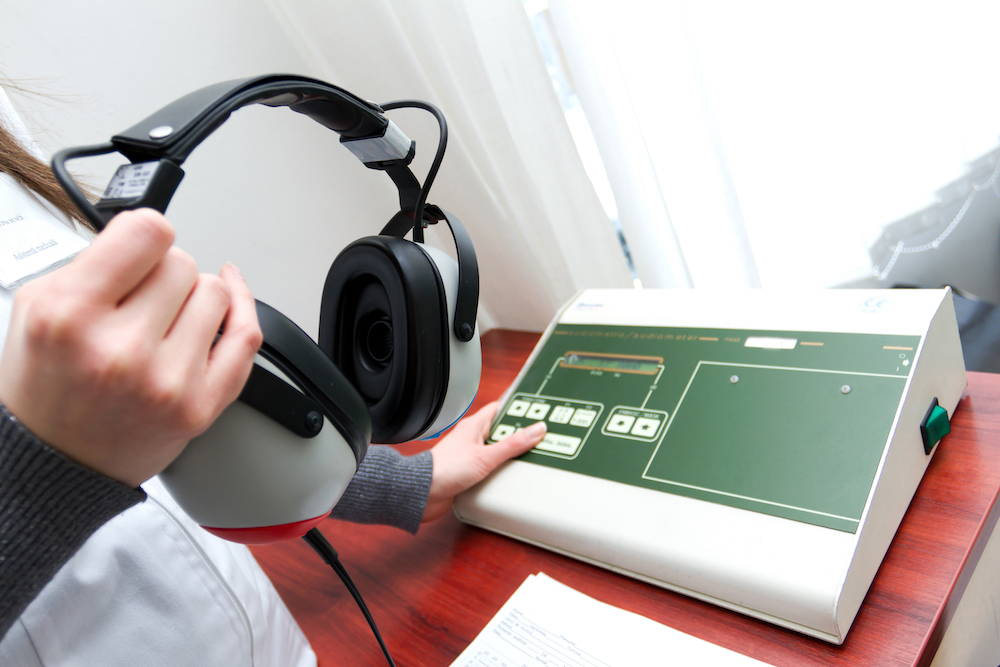Top Reasons to Trust an Audiologist with Your Hearing Health
Audiologists specialize in diagnosing and treating hearing-related issues

By: admin | November 9, 2016
Hearing loss can occur for a number of reasons, but one you may not readily think of is medication. There are a long list of medications that have been known to cause hearing loss. In addition, the term used for hearing loss caused by medication is ototoxic – ear (oto) poisoning (toxic).
Ototoxic drugs affect the inner ear. Therefore, they have the ability to impact either your vestibular (balance) or auditory (hearing) system. In the beginning, you may not even notice that your hearing is worsening, but the first sign you should look for is the sensation of ringing in your ears, known as a condition called tinnitus.
Many times, the drugs only produce temporary hearing loss; however, at other occasions, the drugs have proven to cause permanent hearing loss. Other factors that determine whether or not hearing loss is permanent include a person’s own genetic disposition and how the drug is administered. Some drugs are only ototoxic when administered intravenously.
It’s important to know that in safe doses, many ototoxic drugs do not actually affect the auditory system. Sometimes, drugs that could damage your hearing are used because they are the only options available for patients. Ototoxic drugs may also be administered to treat cancer or congestive heart failure.
Your doctor should tell you if one of the drugs he or she is prescribing can cause ototoxicity or not. If the drug can cause hearing loss, you should work with your doctor to carefully monitor your hearing.
Many drugs can cause both reversible or permanent hearing loss. In fact, there are currently 200 drugs listed as ototoxic according to the American Speech-Language-Hearing Association. Most of the time, the drugs only cause ototoxicity when the recommended dosage is greatly exceeded.
Take the popular drug aspirin for example. It can be considered ototoxic. But if taken as directed, you won’t experience any ototoxic side effects. It is only if you take very large doses that you would need to worry. Even then, hearing almost always returns to normal once the medicine is no longer taken.
Whether or not some drugs are used intravenously also plays a role in their ototoxic effects.
Some ototoxic drugs include the following:
It’s important to remember this is just a general list meant to be informative. If you have doubts about your medication or are experiencing hearing loss after having specific drugs, contact your doctor. Conversely, if you see one of your medications listed here, do not just stop taking it. It is always best to consult your doctor.

Audiologists specialize in diagnosing and treating hearing-related issues
By: admin | January 25, 2022

A hearing test is something that offers the opportunity for you to speak
By: admin | January 25, 2022

Do you think that you could have tinnitus? Some people think they might
By: admin | January 3, 2022
